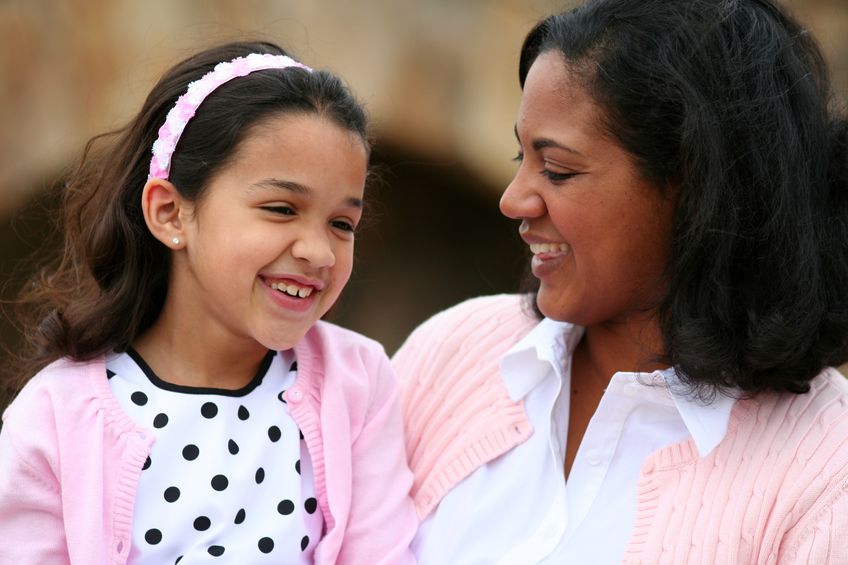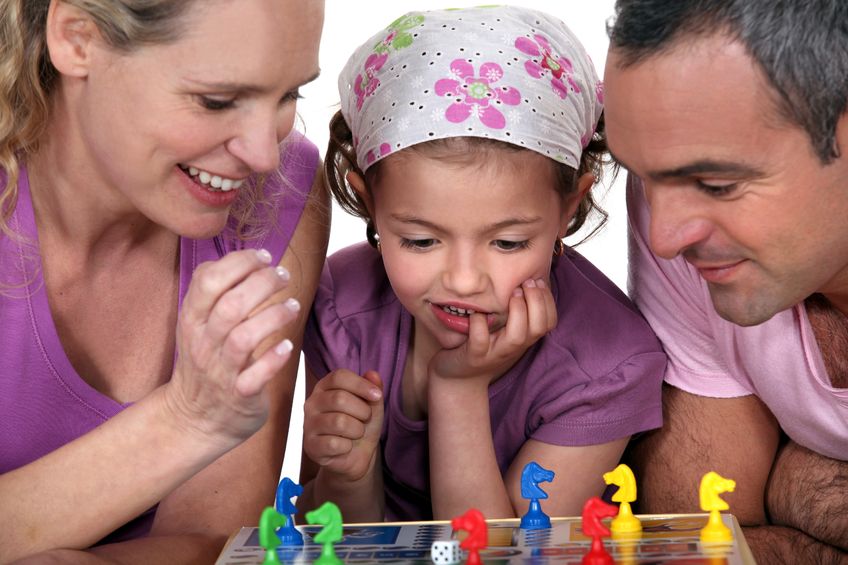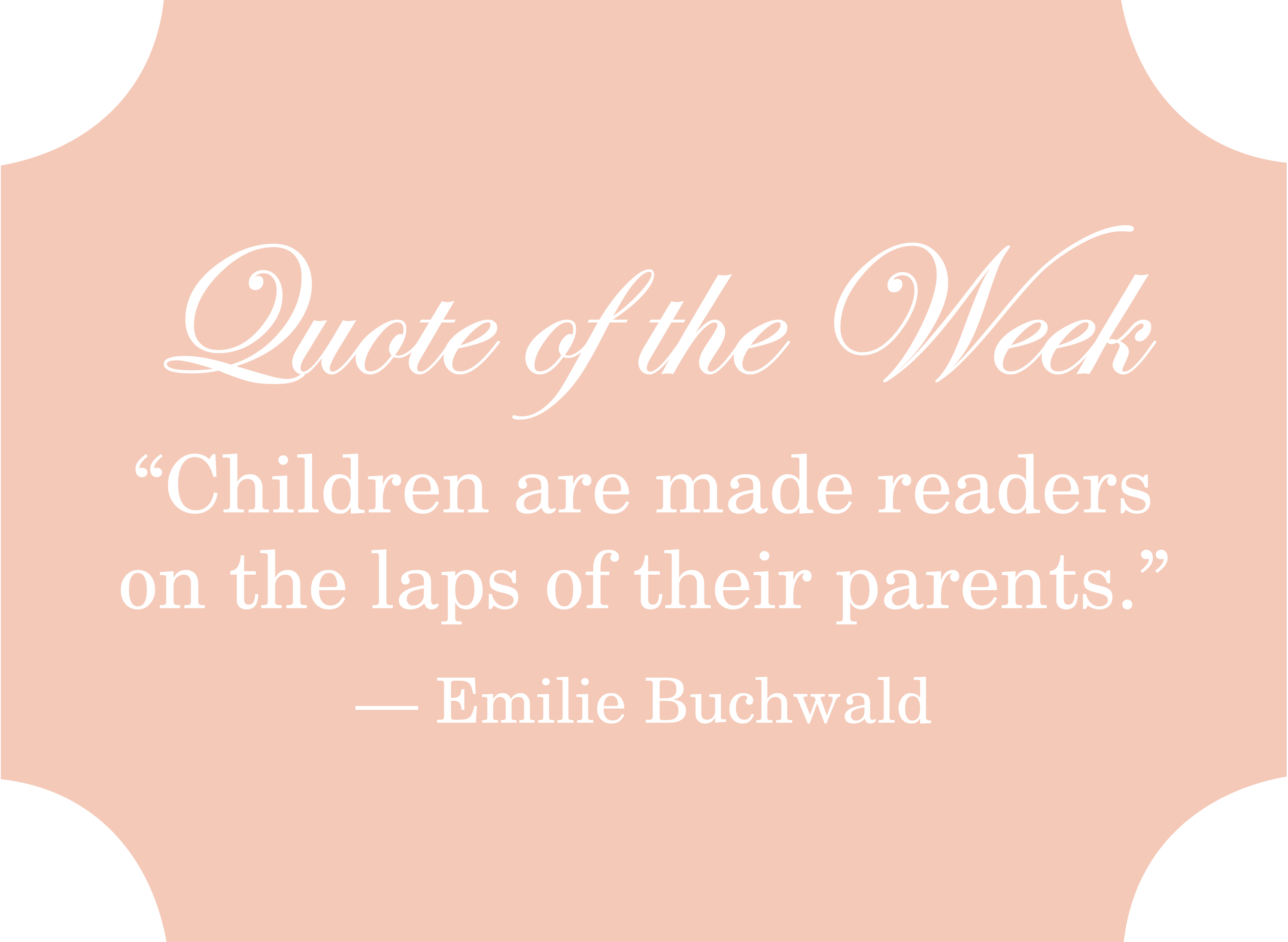
Four Tips to Building Self-Esteem in Children
By Gary Direnfeld, MSW, RSW
Parents want their child to have good self-esteem. However, self-esteem doesn’t come naturally to children. It is something that must be fostered, developed, nurtured and grown. Following these four tips can help.
 1. Show them you value them
1. Show them you value them
Let your children know you love them. This is done through praise and through direct expressions of love, hugs, and kisses. Children need to be told directly by their parents or caregiver that they are loved. Children need to be held, cuddled, and played with. Quality and quantity of time demonstrate valuing. Few things speak more to being valued, then just being there.
 2. Teach them and let them learn
2. Teach them and let them learn
Competency is the next ingredient to healthy self- esteem. As the child grows and begins exploring the house (often the kitchen cupboards) the child gains the opportunity to increase competency with access and control of larger objects over greater spaces. Again the response of the parent is crucial. Some parents structure the child’s environment for maximum exploration while other parents localize their child’s area of living. Either way, making way for the child to play and explore safely, whatever the limits, is often referred to as “baby proofing”. The greater the control and mastery of skills a child develops the greater the sense of competency – the second ingredient to healthy self-esteem.
Parents can facilitate competency by providing safe areas for children to develop skills and by allowing their children to participate in household activities such as cooking, cleaning, laundry, making beds, etc. The goal of these activities is for the child to develop a sense of control – not the perfectionist pursuit of the best made bed, etc. Participation should be fun, supportive or helpful.
3. Participate in doing good deeds

The third thing parents can do to facilitate healthy self- esteem in their children is to direct and participate with their children in the doing of good deeds. Doing good deeds teaches children to be aware of the life of others beyond themselves. This enables the development of empathy and altruistic behaviour. What’s important is that children are encouraged or even positioned to be helpful to the extent of their ability. The little one may carry a plastic cup to the table, the middle one a plate and a spoon, while the big one can clear. Special little projects can be undertaken, visits can be made, and pennies can be put in the charity coin boxes at the check-out counter.
4. Make the rules of life clear

The last thing parents can provide to facilitate self- esteem in their children is structure. Structure is a word that actually implies two separate concepts: routines and limits. Routines provide structure over time and limits provide structure over behavior.
Another way to think of structure is like the rules of a game. How well could you play Monopoly, Hop Scotch, Tag, or Hide and Go Seek, if there weren’t rules? Rules include who goes next, under which circumstances, and when. The rules also include what happens when someone goes outside the normal bounds of play – miss a turn, pay a fine, etc.
Knowing the rules of the game of life is sometimes referred to as internalizing structure. This too is also a form of competency – when the child knows the how’s, what’s, when’s, and where’s, of life. Unfortunately this information doesn’t come automatically. Children may pick some of the rules up incidentally as they go along, but this leaves much to chance. Parents can help their children internalize structure by commenting on daily routines, specifying appropriate behavior, providing feedback and by providing consequences for undesirable behavior.
These four ingredients, valuing, competency, good deeds, and structure form the basic building blocks for the development of self-esteem. And why develop self-esteem in children? Children with healthy self-esteem feel good about themselves, relate well to others, behave more appropriately and are more aware of the world around them.
Credit: Gary Direnfeld, MSW, RSW
(A version of this article was published on Mr. Direnfeld’s site.)
About the Author:
Gary Direnfeld is a child-behaviour expert, a social worker, and the author of Raising Kids Without Raising Cane. Gary not only helps people get along or feel better about themselves, but also enjoys an extensive career in public speaking. He provides insight on issues ranging from child behaviour management and development; to family life; to socially responsible business development. Courts in Ontario, Canada consider Gary an expert on matters pertaining to child development, custody and access, family/marital therapy and social work.


